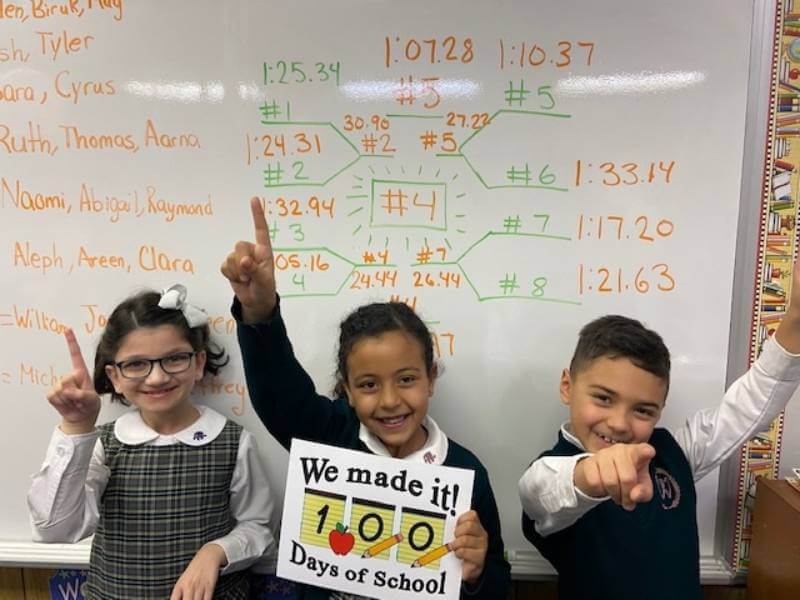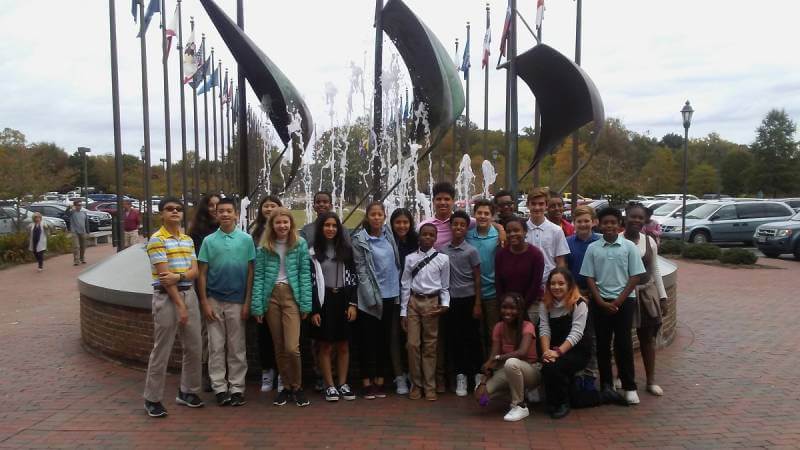Why Talking about DEI Is Only Half the Battle

Given everything that’s happened over the last several years, it is unsurprising that many schools are reexamining their approach to diversity, equity, and inclusion. With so many national and global events exposing systemic racial, cultural, and gender inequalities, these are worthwhile conversations. To better understand the landscape, here’s an experiential view of diversity, equity, and inclusion in Private Education with perspective on how to make these conversations more impactful, lasting, and substantial.
What Is Diversity Equity and Inclusion in Private Schools (DEI)?
Whether it’s in a professional or academic setting, diversity, equity, and inclusion policies are a vital part of a physically, emotionally, and psychologically safe environment for everyone.
While there’s been a lot of recent discussion about diversity equity and inclusion in private schools (DEI), especially in schools, not everyone knows exactly what it means or entails.

Diversity is the bringing together of people with disparate backgrounds. This can include any of the following differences:
- Religion
- Race
- Ethnicity
- Culture
- Gender
- Socioeconomic status
- Language
- Age
- Political affiliation
- Sexual orientation
- Ability and disability
It encompasses anyone within a group that’s been historically underrepresented and marginalized or continues to be so today.
Equity is all about ensuring institutional or systemic processes and procedures are done with fairness, justice, and impartiality. Ensuring equity first requires acknowledging there is a disparity in outcomes within society. It then necessitates an understanding of the underlying causes of that disparity in resource access and outcomes.
Inclusion is the result of those diverse, underrepresented, marginalized groups feeling a genuine sense of being welcomed and accepted.
DEI versus Representation in the Classroom
Many schools have started to make DEI more of a focus in their policy making and planning. This often happens through committees designated for that purpose.
Within many private schools, however, there remains an important disconnect between those actions and the actual representation in the student body.
In a 2018 report from the Civil Rights Project, private school demographics were examined. It showed white students made up nearly 49 percent of the student population in public schools but represented 69 percent of the population in private schools. Those numbers have seen little fluctuation since 1995. Minority enrollment into private schools across the nation has decreased slightly.
Even more telling is the disparity across socioeconomic lines. Low-income families make up more than half the public school population but only 9 percent of private school students.
This is why it’s critical for parents to look not just at a school’s stated stance on DEI but on the day-to-day experience the student will receive.
Westminster School: An Exception to the Rule

When examining student demographics, Westminster School, a private school located in Annandale, Virginia, is a statistical outlier. Approximately half the student body self-identifies as non-white.
“When talking to prospective parents, we like to say you can be in a school where they talk about diversity, equity, and inclusion, or you can be somewhere where it’s actually present,” said Westminster Head of School Nancy Schuler. “Talking about these issues is an important step, but it’s not always about what a school says. It’s about what they do. We walk the walk. In a private school, our diverse student demographics are very unusual.”
The diversity seen at Westminster goes beyond race to include cultural, economic, and religious differences as well, and that consistently opens doors to important lessons, conversations, and teachable moments.
“It’s not like we don’t encounter issues, but when things come up, we address them,” said Schuler. “Because this diversity is part of the everyday Westminster experience, we have the opportunity to have deep, emotional, meaningful conversations with the young children about these important issues.”
Building a More Inclusive Future
This exposure to diversity, which is so unique within the private school realm, has lasting and positive implications.
“Our students grow up together. They coexist every day, and they love each other. They learn through experience how to interact with people, to be respectful, and to be tolerant,” said Schuler. “You don’t just talk about it. You live it, and that’s the difference.”
Schuler, herself a Westminster graduate, sent her three children through the program and saw firsthand the result of those enriching years.
“Our diversity is one of the best things about the school. It’s just so wonderful, and it completely changes the students and how they grow up,” said Schuler. “When I look at my three children and how passionate they are about social justice and equality and equity, I know it came from growing up here.”
Learn More about the Westminster Experience
Interested in learning more about Westminster School? Schedule your personal virtual tour today.

